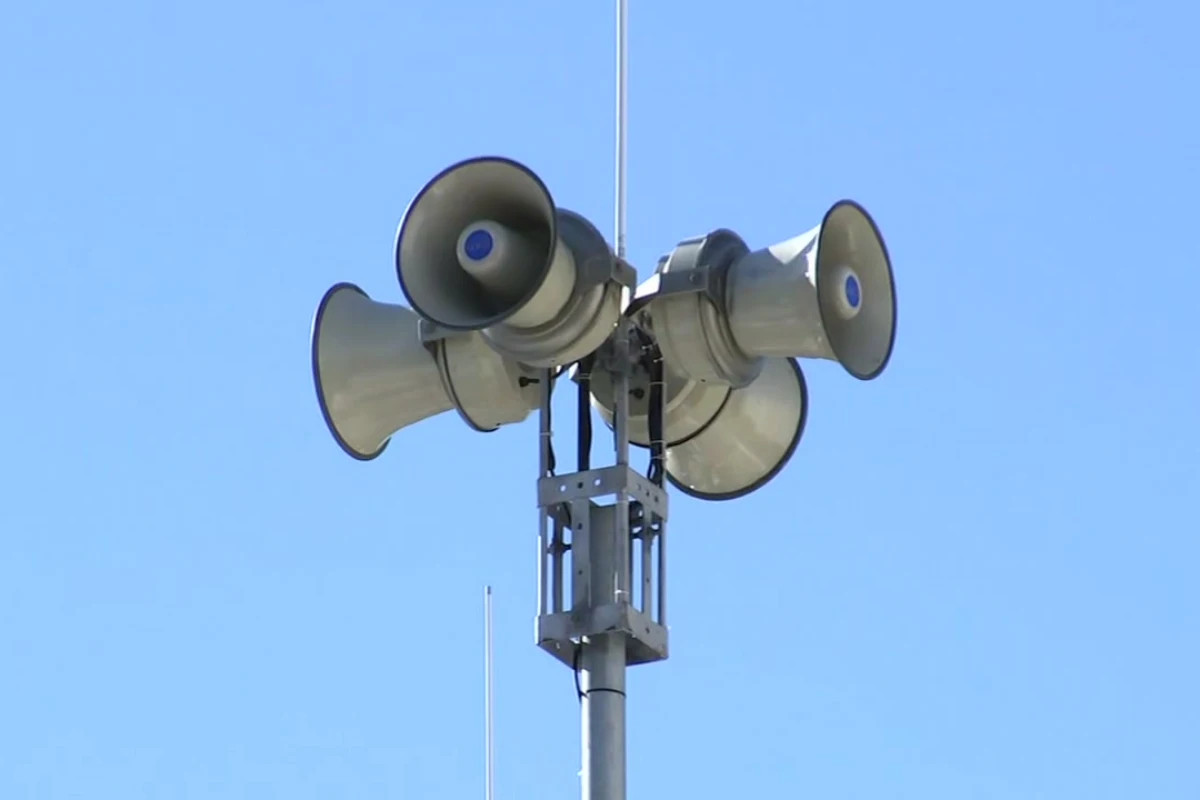Here’s What to Do When Siren Rings: Step-by-Step Guide for Civilian Safety During Conflict

Here's What to Do When Siren Rings: Step-by-Step Guide for Civilian Safety During Conflict
In times of war or escalating military tensions, the sound of a siren is more than just an alarm — it is a critical warning that can save lives. Whether triggered by the threat of an air raid, missile strike, or other emergency, knowing how to respond immediately and effectively is essential for every civilian. Here’s a step-by-step guide to help you understand exactly what to do when the siren rings.
1. Stay Calm and Act Without Delay
The first and most crucial step is to remain calm. Panic wastes precious seconds and can cloud your judgment. Take a deep breath, assess your surroundings, and begin moving toward safety.
2. Seek Shelter Immediately
When a siren sounds, your top priority is to get to a safe location. If you’re near a designated bomb shelter or a reinforced “safe room,” head there immediately. If such options aren’t accessible, go indoors and move to the most secure area — preferably a basement or an interior room without windows.
If caught outdoors with no time to reach a building, lie flat on the ground in a low-lying area, such as a ditch, and cover your head and neck with your arms or any object that can offer protection.
3. Stay Away from Windows and Glass
Explosions can cause windows to shatter violently. Once inside, keep your distance from glass, mirrors, and any unsecured furniture. Choose a spot along a load-bearing interior wall and stay low to the ground.
4. Turn Off Utilities If Advised
If you have time and have received instructions from authorities, turn off gas, electricity, and water to prevent fire hazards or secondary damage during the strike. However, only do this if it’s safe and you know how to operate these systems.
5. Monitor Official Information Sources
Reliable information is critical during emergencies. Use a battery-powered radio, official mobile apps, or government emergency broadcasts to stay informed. Avoid relying on unverified social media posts, as misinformation spreads quickly during crises.
6. Wait for the All-Clear Signal
Do not leave your shelter until you hear the official “all-clear” siren or receive verified instructions from authorities. Some attacks involve multiple waves, and leaving early could put you in danger of a second strike.
7. Be Ready with Emergency Supplies
Every home and shelter should have a prepared emergency kit. Essentials include:
Bottled water and non-perishable food
Flashlight and extra batteries
First aid supplies
Masks (especially for dust or chemical exposure)
Important documents
Radio
Blankets or warm clothing
8. Provide Basic First Aid if Needed
If someone near you is injured, apply basic first aid. Control bleeding, keep the person calm, and seek help as soon as it’s safe to do so. Knowing CPR and first aid basics can make a critical difference in such situations.
A siren is not just a sound — it’s a signal to act swiftly, wisely, and calmly. By knowing what to do when the siren rings and following these steps, you can greatly increase your chances of staying safe during a conflict or emergency situation. Preparedness saves lives — make sure you, your family, and your community are ready.
Read More: Pakistan-India War – Emergency Numbers in Pakistan to Save Right Now
Catch all the Pakistan News, Breaking News Event and Trending News Updates on GTV News
Join Our Whatsapp Channel GTV Whatsapp Official Channel to get the Daily News Update & Follow us on Google News.










